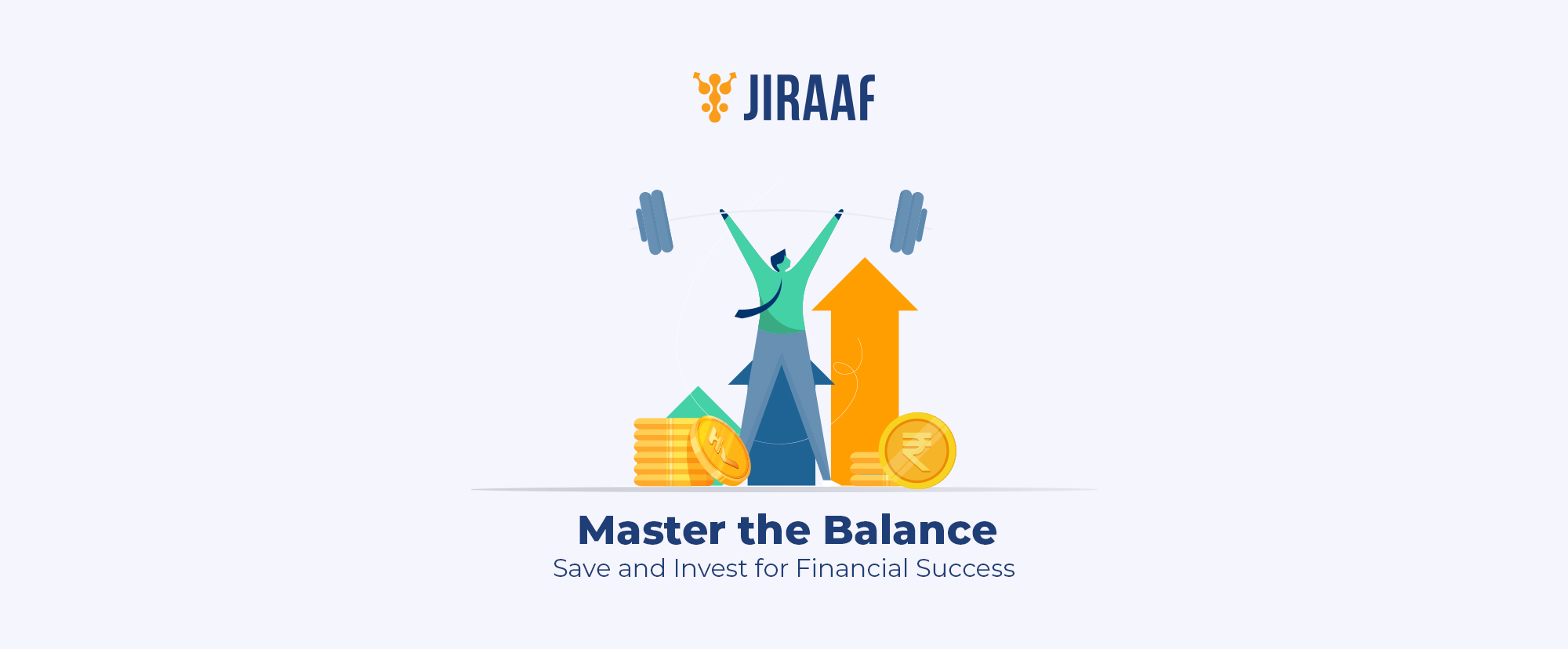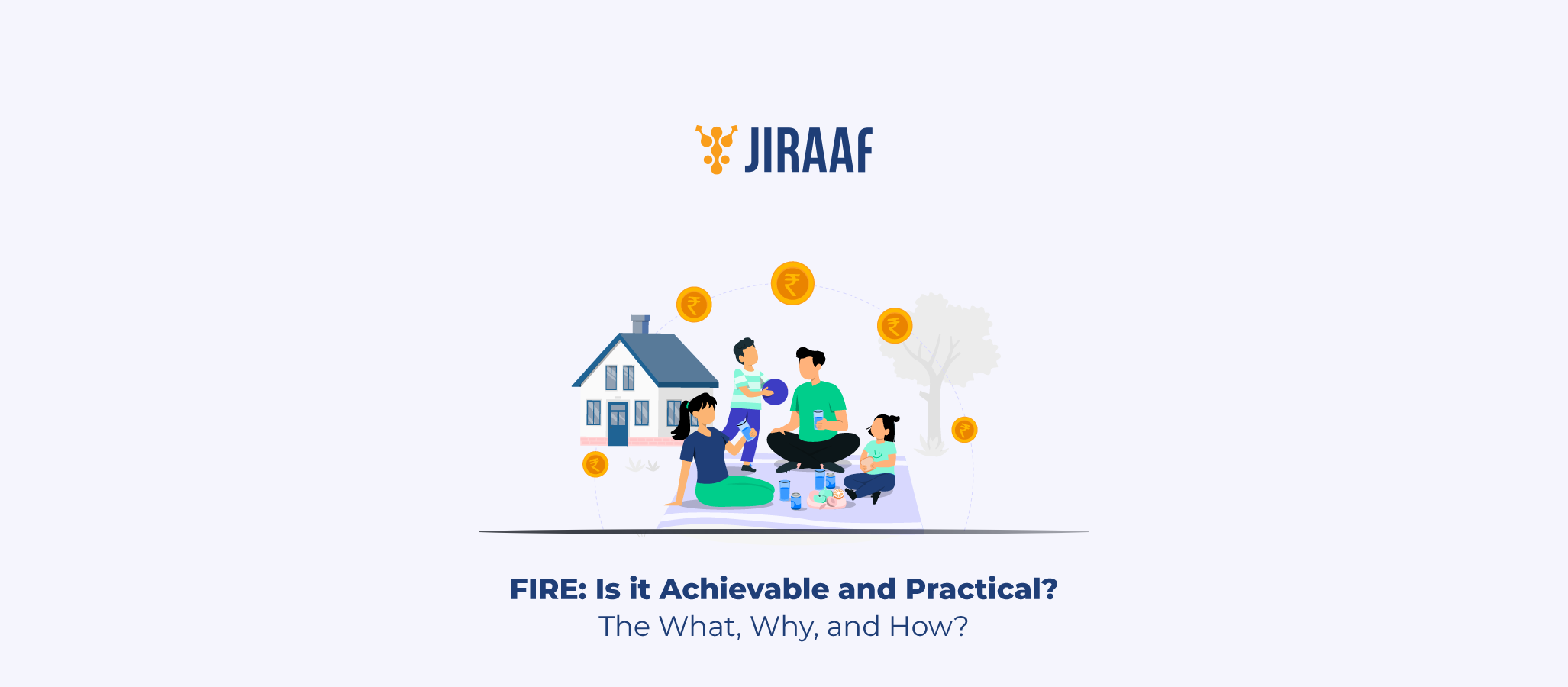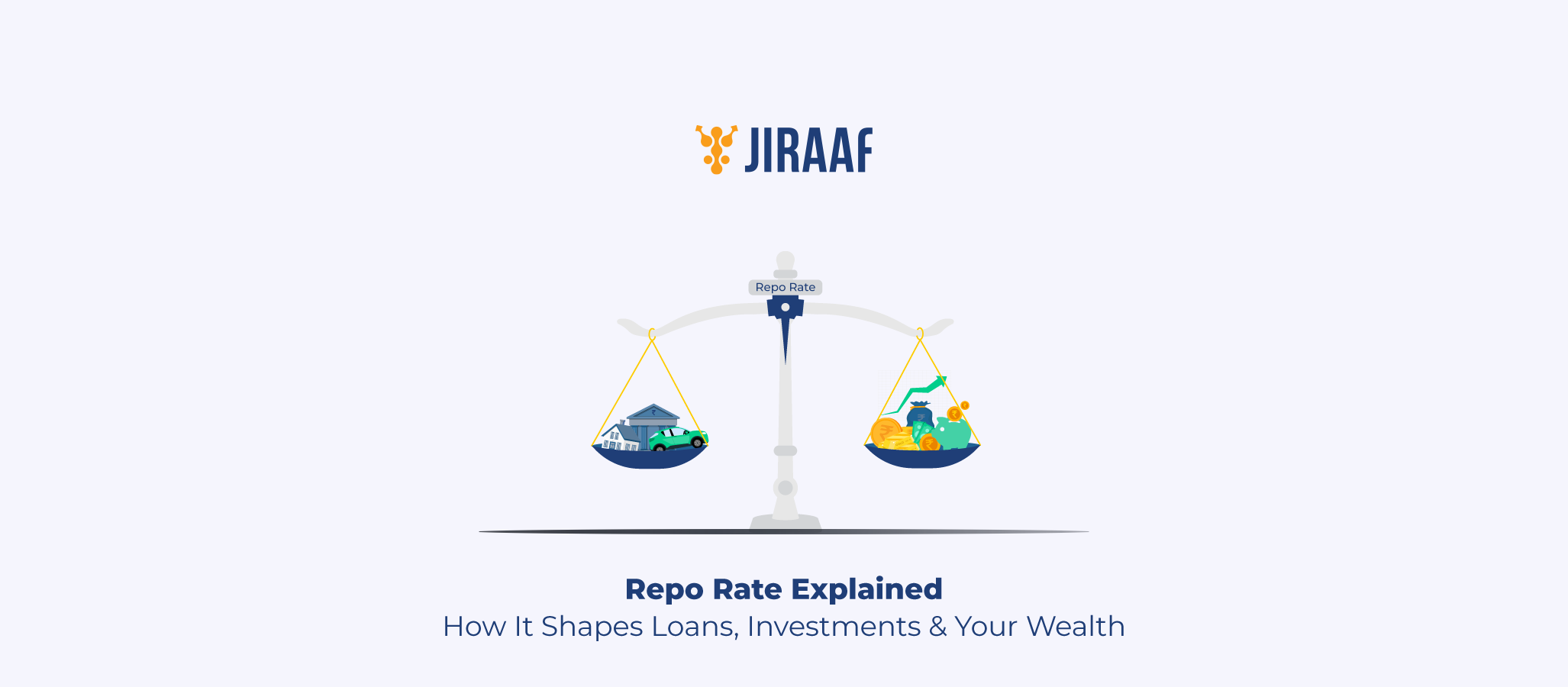We often use the term saving and investing interchangeably, however, the two are quite different. While one is about setting aside cash without worrying too much about inflation-beating returns, the other is about making your money work for you and taking advantage of compounding.
What is Saving?
Saving is essentially setting aside money for future use, whether for purchases or emergencies. It helps you meet short-term financial goals and prepare for unexpected events, such as medical bills or car repairs. In general, short-term goals are considered to be within a year or less.
It’s a safe and secure way to build a financial cushion, however, the interest rates on savings are generally low. Wealth creation is not the primary goal here.
Example:
If you want to save Rs.100,000 to buy a new laptop in 10 months, you might be setting aside Rs.10000 each month. This way, you can reach your goal without needing a loan or using a credit card. However, the interest you will earn from it might be low.
Benefits of Savings
- An emergency fund is readily available in times of need
- Short term goals are easily achievable
- Very low risk, and savings in banks are protected by FDIC insurance
Disadvantages of Saving Money
- It has lower returns as compared to investments
- Can quickly lose value due to inflation
What is Investing?
Investing is creating wealth by putting your money into financial instruments like equities, bonds, or mutual funds. While it involves some risks, it can offer higher returns over time, making it a good way to attain long-term goals.
However, you should note that it is essential to diversify your investments across asset classes to reduce risk.
Benefits of Investing
- Potential for higher returns beating inflation
- Helps you reach long-term financial goals
- Allows you to diversify your investments to reduce risks
Cons of Investing
- Comes with varied risks. It’s important to hedge against risks that certain asset classes expose you to
- Requires research and discipline to maintain a long-term perspective
- Market volatility can cause losses so it’s important to diversify your assets
Why Choose Investing over saving?
A rupee today is worth less than a rupee tomorrow!
A few years ago, Rs. 5 could buy more than it can today. This is because the value of money decreases over time, a process known as inflation. For example, Rs. 100 from last year is worth more than Rs. 100 today because prices have risen.
So, how can we stop our money from losing value? That’s where investing helps. Investing allows you to grow your money over time, staying ahead of inflation.
But doesn’t investing involve risks?
True. Investing does involve risks. However, the range of risk varies from asset to asset. Different investment options are available for people with different risk appetites.
Now, the wisest choice for anyone thinking of safeguarding their savings without wanting to grow the wealth would be to choose some less risky investment options like FD and PPF. If the same also offers fixed or predictable returns like bonds, it would be icing on the cake!
Mutual funds and equities are some of the more popular investment avenues for those with a higher risk appetite, looking to grow wealth.
Non-financial assets like gold and real estate are other popular investment routes that are preferred by a lot of people in India. These investments primarily act as a hedge against inflation and, in many cases, appreciate over time, ensuring that your money grows rather than diminishes in value.
The key is to align your investment choices with your financial goals, time horizon, and risk tolerance. While there is always some level of risk involved, the potential rewards of investing wisely far outweigh the risk of simply letting your money lose value in a savings account. By diversifying across different asset classes, you can balance your risk and return.
Saving and Investing: Can You Do Both?
To get financial security, it’s essential to strike a balance between saving and investing.
What are some strategies for allocating funds:
Ideally you should set aside some cash for your immediate needs in case of an emergency. This fund should be worth at least three-six months of your expenses. This fund needs to be liquid and wealth creation is not the goal here.
Once you have this fund in place, you can dedicate 90% of your monthly savings to investment to grow your wealth, while the remaining 10% can be kept in a liquid savings fund.
Conclusion:
Saving and investing aren’t just financial strategies, they are tools to secure your dreams and to safeguard your future. Think of every rupee you save as a promise to protect your family in times of need, and every rupee you invest as a step toward the life you envision for yourself. Balancing both means having the peace of mind to handle whatever life throws at you today, while also building something lasting for tomorrow.
Remember, it’s not just about making smart financial choices; it’s about creating a life where you and your loved ones feel secure, prepared, and hopeful for the future.
Discover fixed income investments with Jiraaf, a SEBI registered online bonds platform that educates and brings access to a wide array of bonds. Sign up today to explore diversified fixed income investment opportunities to support your goal-based wealth creation journey. Start investing!




